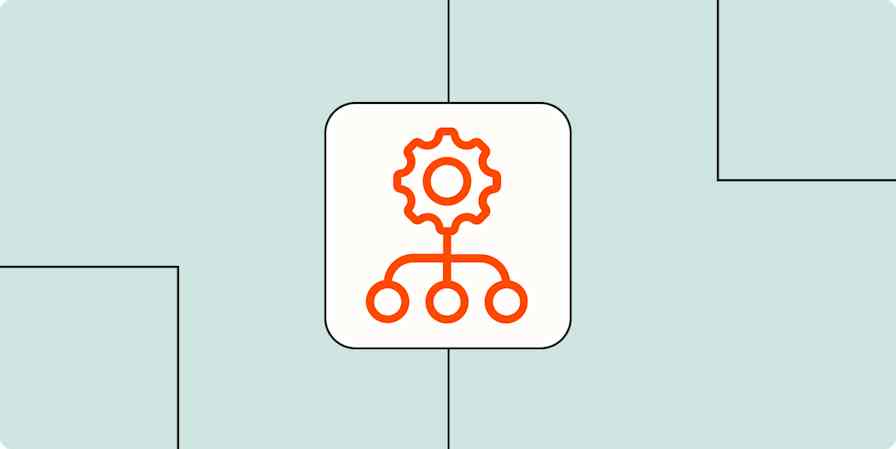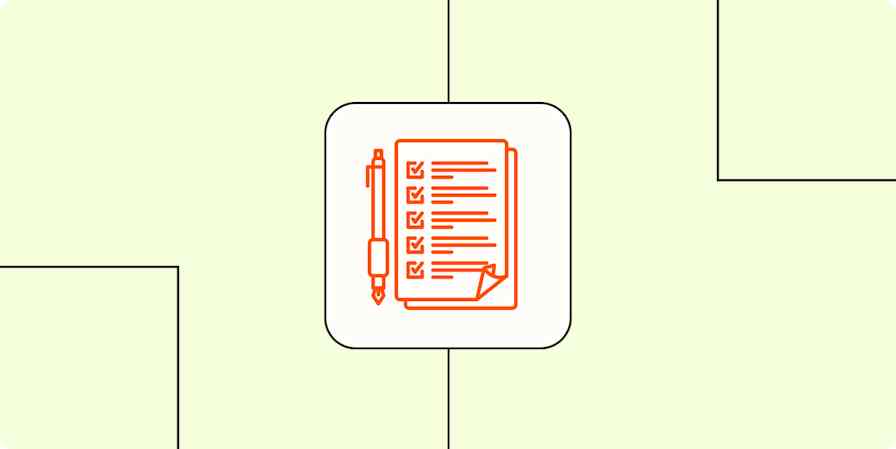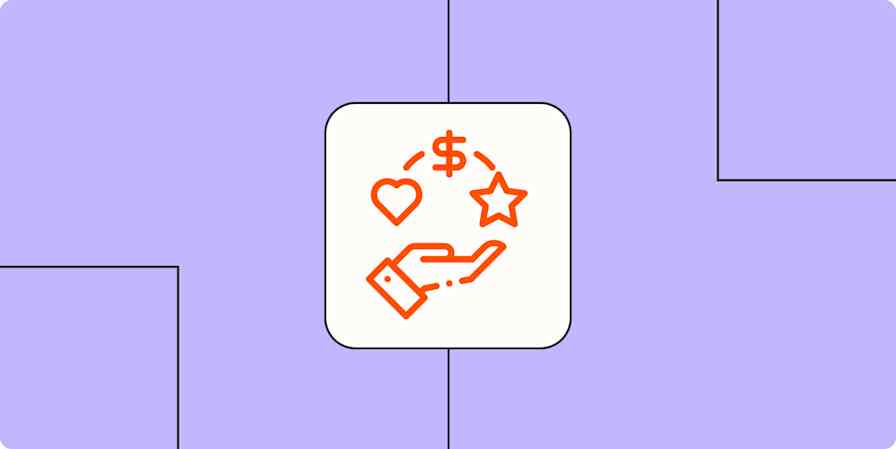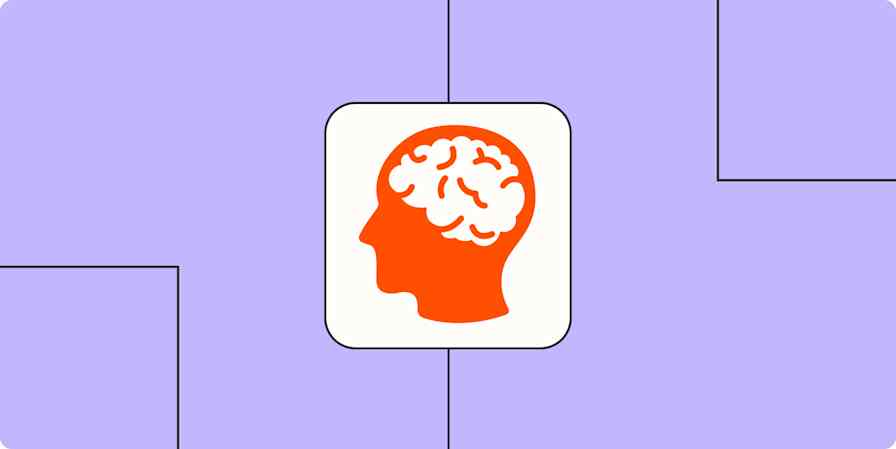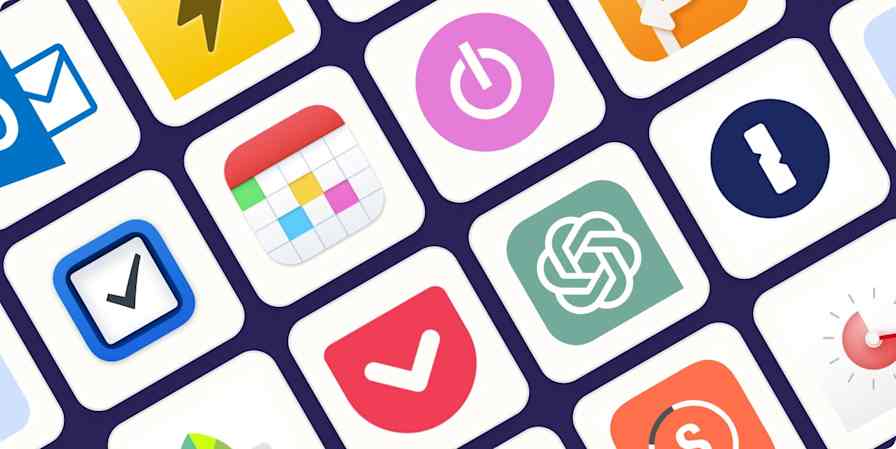App tips
3 min readWork software also works at home
By Justin Pot · June 3, 2021
Get productivity tips delivered straight to your inbox
We’ll email you 1-3 times per week—and never share your information.
Related articles
Improve your productivity automatically. Use Zapier to get your apps working together.

